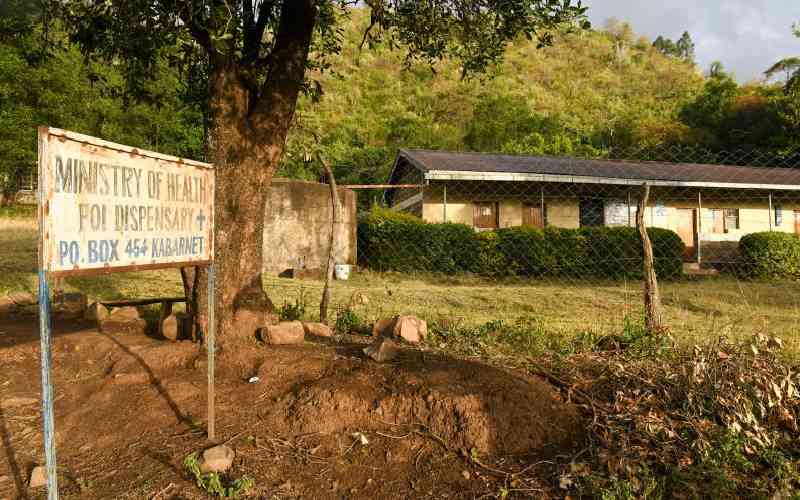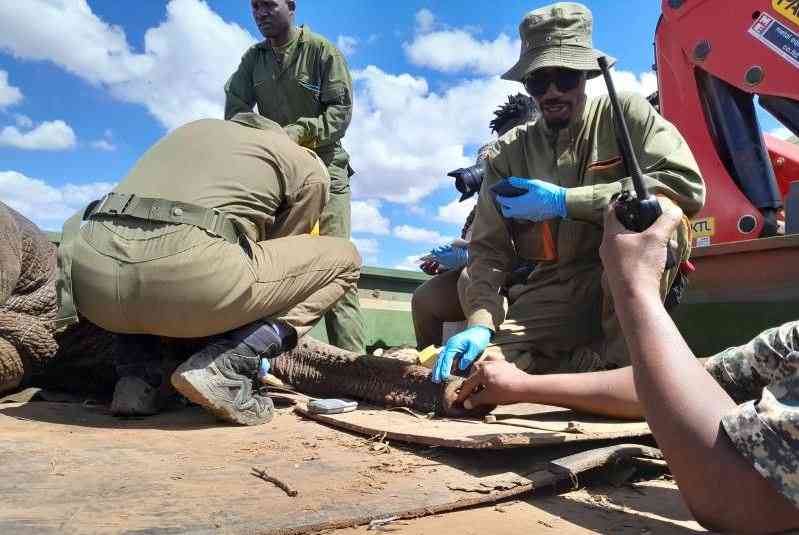KWS Announces Park Fee Hikes Amidst Tourist Concerns

The Kenya Wildlife Service (KWS) is facing a significant financial challenge, with an annual funding gap estimated at Sh12 billion, a shortfall that has severely hampered its capacity to fulfill its conservation mandate. To address this critical issue, KWS has proposed a set of new conservation fees. As Director General Erustus Kanga highlighted, while holding a young Pancake Tortoise during the launch of a 10-year conservation plan, these measures are crucial for the survival of Kenya's wildlife.
The proposed Wildlife Conservation and Management (Access and Conservation Fees) Regulations, 2025, aim to raise entry fees to national parks, reserves, sanctuaries, and marine protected areas. This strategic move is expected to nearly double park revenues to Sh16.58 billion by 2028. Currently, in the 2024/2025 financial year, KWS's internal revenue, 90 percent of which is generated from tourism, stands at Sh7.92 billion, considerably less than the Sh19.79 billion required to meet its conservation obligations.
For over a decade, KWS's conservation fee structure has remained unchanged, despite a surge in operational costs, evolving visitor expectations, and an escalation in threats to wildlife. Director General Kanga emphasized that this review transcends mere revenue generation; it is fundamental to the very survival of wildlife and the resilience of conservation systems. The proposed changes are an integral part of a broader revenue enhancement strategy designed to bolster core conservation activities, including anti-poaching operations, infrastructure upgrades, and efforts to mitigate human-wildlife conflict, all of which have been strained by fiscal deficits.
The financial deficit not only jeopardizes conservation efforts but also impacts the livelihoods of over one million Kenyans whose employment is intertwined with a thriving wildlife economy, encompassing roles from community scouts and rangers to tour operators, hoteliers, and artisans. KWS underscores that the proposed changes were informed by a comprehensive impact assessment and underwent a countrywide public participation process. The public is currently invited to provide feedback on these regulations, which were gazetted in Kenya Gazette Vol. CXXVII—No. 148 dated July 9, 2025, and are accessible on the KWS website.
This critical need for sustained conservation funding is underscored by significant natural spectacles that draw global attention and underpin Kenya's tourism industry. For instance, the world-renowned Great Wildebeest Migration recently commenced at the Maasai Mara Game Reserve. This breathtaking phenomenon, often referred to as the eighth wonder of the world, is anticipated to attract more than 350,000 tourists in the coming weeks, generating substantial revenue.
Such large-scale tourism events demonstrate the immense value of Kenya's wildlife heritage, which KWS is mandated to protect. The continued existence of these natural wonders and the economic benefits they bring are directly dependent on robust conservation efforts and adequate funding. The proposed fee adjustments are therefore crucial for ensuring the long-term sustainability of both Kenya's invaluable wildlife and its vital tourism sector.
You may also like...
Diddy's Legal Troubles & Racketeering Trial

Music mogul Sean 'Diddy' Combs was acquitted of sex trafficking and racketeering charges but convicted on transportation...
Thomas Partey Faces Rape & Sexual Assault Charges

Former Arsenal midfielder Thomas Partey has been formally charged with multiple counts of rape and sexual assault by UK ...
Nigeria Universities Changes Admission Policies

JAMB has clarified its admission policies, rectifying a student's status, reiterating the necessity of its Central Admis...
Ghana's Economic Reforms & Gold Sector Initiatives

Ghana is undertaking a comprehensive economic overhaul with President John Dramani Mahama's 24-Hour Economy and Accelera...
WAFCON 2024 African Women's Football Tournament

The 2024 Women's Africa Cup of Nations opened with thrilling matches, seeing Nigeria's Super Falcons secure a dominant 3...
Emergence & Dynamics of Nigeria's ADC Coalition

A new opposition coalition, led by the African Democratic Congress (ADC), is emerging to challenge President Bola Ahmed ...
Demise of Olubadan of Ibadanland
Oba Owolabi Olakulehin, the 43rd Olubadan of Ibadanland, has died at 90, concluding a life of distinguished service in t...
Death of Nigerian Goalkeeping Legend Peter Rufai

Nigerian football mourns the death of legendary Super Eagles goalkeeper Peter Rufai, who passed away at 61. Known as 'Do...




